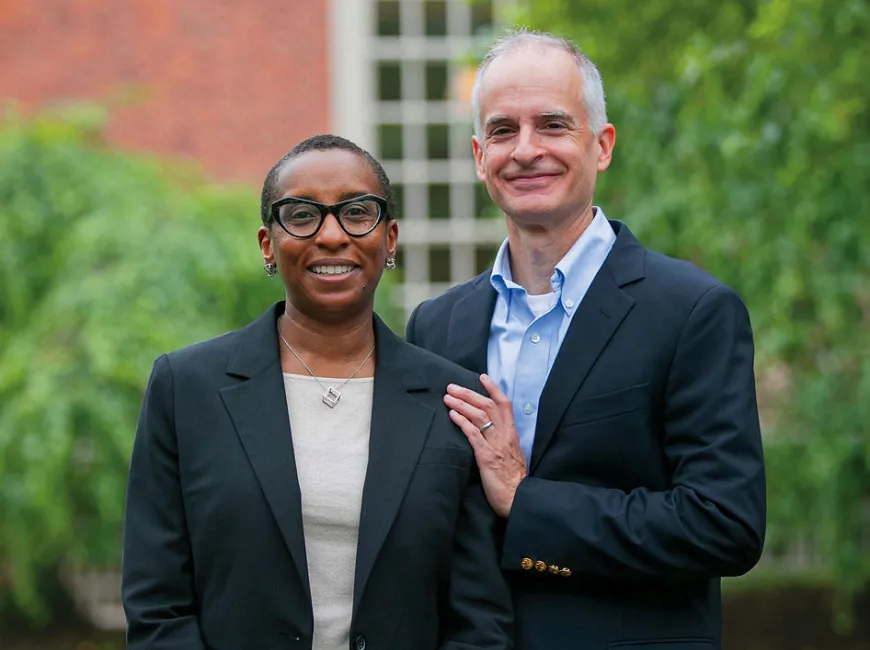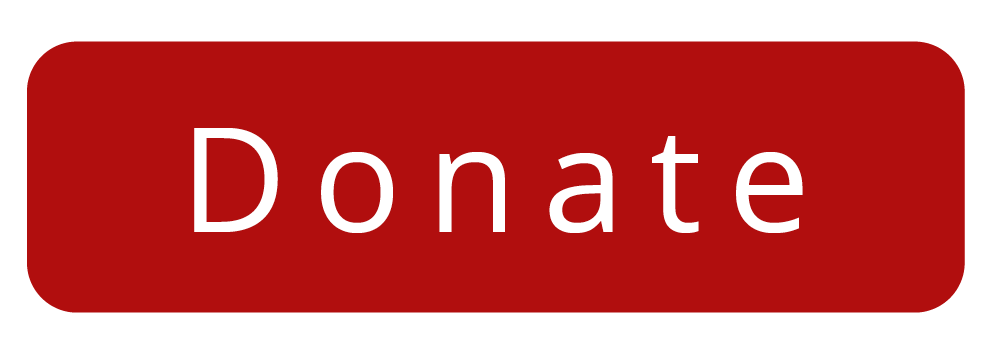Behind the Scenes: Writing A “Scholar’s Scholar”
Dear Reader,
We believe that at a moment like this—when Harvard research and education matter immensely to the world—the University’s leadership matters, too. That’s why we use Harvard Magazine’s special strengths to present as full a portrait as possible of a new president whenever the governing boards elect one.
The announcement last December of Claudine Gay’s election was a bit of a surprise, if only because previous searches had taken longer to conclude. But after we reported in detail on the announcement itself, I set to work, preparing to conclude our overview of the Bacow administration (“Short and Sweet,” the July-August cover story) and pivot to in-depth reporting on the thirtieth University leader in time for her installation early in the fall semester (“The ‘Scholar’s Scholar,” the September-October cover feature).
Because Harvard leaders are intellectual leaders, I began with Gay’s scholarship: requesting her doctoral dissertation, and carefully reading it at University Archives (a task made both more difficult and simpler for this non-quantitatively inclined writer, given her extremely data-driven social science); resorting to the powerful Hollis library systems, which enable online access to most of her journal articles; and reexamining her messages to colleagues and our prior reporting during her service as Faculty of Arts and Sciences dean—including during the pandemic. This investment in deep reading and preparation—an absolute essential in all of our reporting—is possible, of course, only because readers like you support our time-consuming research on anything touching University scholars’ work, from a brief Right Now story in the bimonthly magazine to searching features about the far frontiers of science.
I developed a deeper sense of the scholar and leader by interviewing two of President-elect Gay’s graduate-student and dissertation advisers (one is now a University Professor); reaching out to her own graduate students, to get a sense of her engagement with them as they pursued their challenging research; talking to a fellow professor and co-teacher, for a sense of her work in the classroom; touching base with faculty members who knew her as the dean who launched a strategic-planning program unprecedented in recent FAS history; and consulting many other colleagues and acquaintances who have a deep sense of her development from budding academic to tenured professor to divisional and then FAS dean.
In the end, during an extended interview with President Gay, newly arrived in Massachusetts Hall, I was able to test tentative conclusions, build upon earlier impressions from covering her FAS deanship (often, of course, mediated by Zoom during the pandemic), and hear her fill in details about her life, experiences, and aspirations in her own voice. I would be remiss if I did not thank editorial colleagues for their exceptionally productive readings and critiques of my draft: another of our practices, for all our reporting—again, a seeming luxury that goes a long way toward the quality of our journalism, made possible by your support.
The result—our attempt to introduce the new president, in that feature article—is of course for you, the readers, to judge. It reflects our best effort, using the reporting space and resources your donations provide, to go beyond the news conference and official announcement to bring the president to life, for people at a remove from campus, at this exceptional time for Harvard.
Thank you for giving us the opportunity to do our best on your behalf.
John S. Rosenberg
Editor
Read A “Scholar’s
Scholar”

